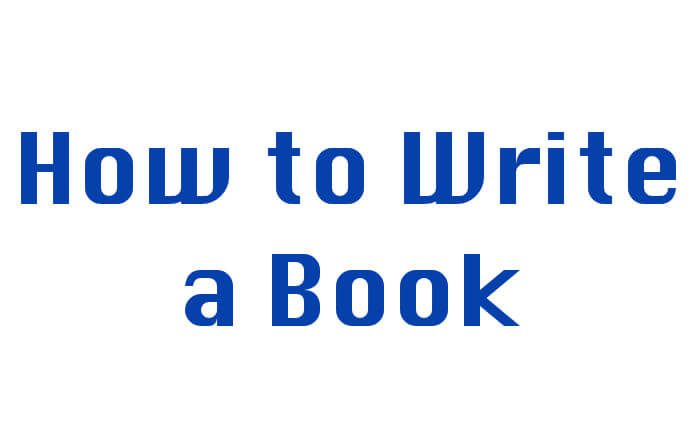How to Write a Book Report
OK, as with most of my articles let’s start with a definition. A book report is an essay discussing the contents of a book, written as part of a class assignment issued to students in schools, particularly at the elementary school level. But at the college level it is predominantly called a Book review, which is a form of literary criticism in which a book is merely described or analyzed based on content, style, and merit. A book review may be a primary source, opinion piece, summary review or scholarly review.
In any case, chances are sometime in your second year of college; especially if you’re studying something like history, Your professor is going to walk into the lecture hall, slam a book on the table and say something like, write a 3000 word book review essay on the biography of George Washington. However, I feel I must warn you that it won’t be on someone that interesting. Because this is a school and we’re not meant to be happy.
And I know you have already found out that is a statement of fact because you’re reading this article after you found it on Google. So, to answer your googled question “how to write a book review” I will quit ranting and get right to it.
A considerable number of all academic writings like journals, articles, research reports and academic book reviews tend to follow a standard structure. Though you might have a nice professor who may actually decide to give you guidelines with a structure, you should also know that is very unlikely. So, let’s face it, chances are you’re not getting a structure.
This is my recommended structure and even if you were given a structure, I’m sure it would fit into this regardless.
Introduction
Let’s start at the very beginning, a very good place to start. Like with all good pieces of academic writing your book review should have an introduction. Open with a general description of the topic and/or problem addressed by the work in question. Think, if possible, of a hook to draw your readers in.
Executive Summary
In some cases, this is called a summary or argument or abstract.
This should be short and to the point. Unless a word count is provided this should be 100 to 250 words and should briefly state your argument and the foundation of your criticism.
Even edited collections and textbooks will have particular features intended to make them distinctive in the proverbial marketplace of ideas. What, ultimately, is this book’s raison d’être? If there is an identifiable thesis statement, you may consider quoting it directly.
About the Author(s)
You need to provide some basic biographical information about the author(s) or editor(s) of the book you are reviewing. This is necessary.
Who are they?
What are they known for?
What particular sort of qualifications and expertise do they bring to the subject?
How might the work you are reviewing fit into a wider research or career trajectory?
Summary of Contents
A reasonably thorough indication of the research methods used (if applicable) and of the range of substantive material covered in the book should be included.
Strength
I advise you to identify one particular area in which you think the book does well. This should, ideally, be its single greatest strength as an academic work.
Weakness
I’m going to offer the same advice here: Identify one particular area in which you think the book could be improved.
While this weakness might be related to something you actually believe to be incorrect, it is more likely to be something that the author omitted or neglected to address in sufficient detail.
Conclusion
End your review with a concluding statement summarizing your opinion of the book. You should also explicitly identify a range of audiences whom you think would appreciate reading or otherwise benefit from the book.
I hope this helps. And it is also important to note that this only gets easier with time. And my biggest recommendation is that you actually read the book and take down notes as you do. By the time you’re done the book report would write itself.
Or not.

